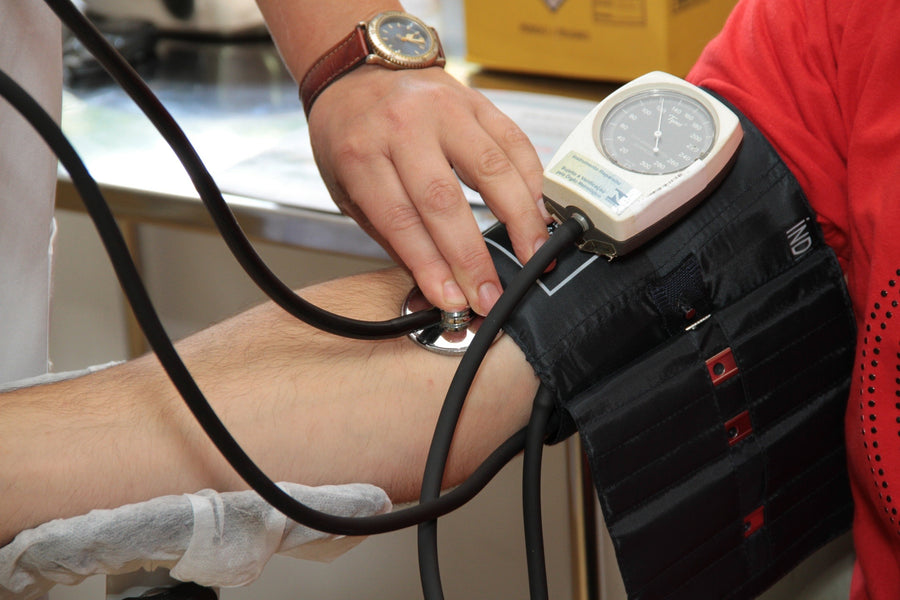
For several decades doctors have recommended aspirin for older adults in order to thin the blood and reduce the risk of heart attacks and strokes, and perhaps colon cancer. In September of this year the New England Journal of Medicine reported findings from 19,000 older adults in the U.S. and Australia. These individuals, whose average age was 74, were without heart disease, dementia or diabetes when they enrolled in the study. Participants were randomly assigned to take either a daily low-dose 81 mg baby aspirin or a placebo. At the conclusion of the five-year study the investigators found those on aspirin did not live longer and there was no significant difference in the number of heart attacks or strokes. However, those on aspirin had a higher incidence of stomach bleeding, hemorrhagic stroke and brain bleeding.
There are so many areas of medicine and nutrition where we think we know the answers and then a study comes out that disputes our long held beliefs and understandings. I normally do not rely on just one study to come to a conclusion. From experience I have learned that some time later a new study can come out that disputes the findings of the previous one. It is possible that months or years from now another article is published that finds aspirin to be of benefit. But, in the meantime, if you are taking aspirin, what should you do? Of course discuss with your doctor. But, I have a couple of ideas. One option is to reduce the amount of aspirin you are taking. For instance, if you are taking one baby aspirin a day, perhaps you can now lower the frequency to 3 times a week. Another option is to quit the aspirin and just increase the amount of natural blood thinners such as garlic, onions, and fish oils. View a list of potential blood thinners.








